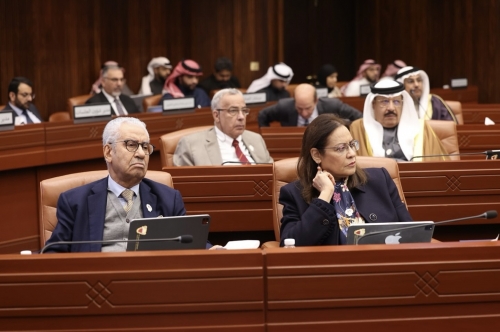Shura Council likely to vote against proposal for a 2% remittance tax
TDT | Manama
Email: mail@newsofbahrain.com
A final push to impose a tax on expatriate remittances looks dead on arrival at the Shura Council, with its financial committee shutting the door on the proposal ahead of Sunday’s vote.
The idea — first rejected in January 2024 — was revived by Parliament, determined to see it through despite growing opposition.
MPs who backed the plan argued it was a necessary step to wean Bahrain off oil money, generate additional revenue, and stabilise government finances.
Unconvinced
The 2 per cent levy on outward money transfers, they said, would keep more cash circulating at home. But Shura Council members remained unconvinced.
A close look at the numbers and the likely consequences left little doubt — the tax, far from boosting Bahrain’s economy, could push remittances underground.
Expatriates, faced with an extra cost on their earnings, might start avoiding official channels altogether.
That, the committee warned, would be a gift to money launderers and unregulated operators. Instead of strengthening the financial system, it could erode trust in it.
A crucial factor is Bahrain’s international agreements.
The country has signed treaties guaranteeing the free movement of money, including an investment pact with Arab states that explicitly rules out extra fees on cross-border transfers.
Commitments
If Bahrain presses ahead, it could find itself in breach of those commitments — a difficult position for a financial hub.
Then there’s the challenge of enforcement.
The tax would apply to money sent abroad, but in an age of digital wallets, international credit cards, and mobile payment apps, where do you draw the line?
The draft law offers no clear answers. It simply states the charge and hands the job of collecting it to licensed financial institutions, without addressing the legal ambiguities that could make enforcement difficult.
The committee also took issue with the bill’s vague wording. It lays out the tax rate and who it applies to but leaves significant gaps where rules on collection, exemptions, and penalties should be.
Without clear-cut enforcement, the tax risks being largely unenforceable.
With all that in mind, the committee made its call.
The plan should be shelved, just as it was back in January. Sunday’s vote is expected to confirm that verdict, leaving the tax dead in the water.
Related Posts

